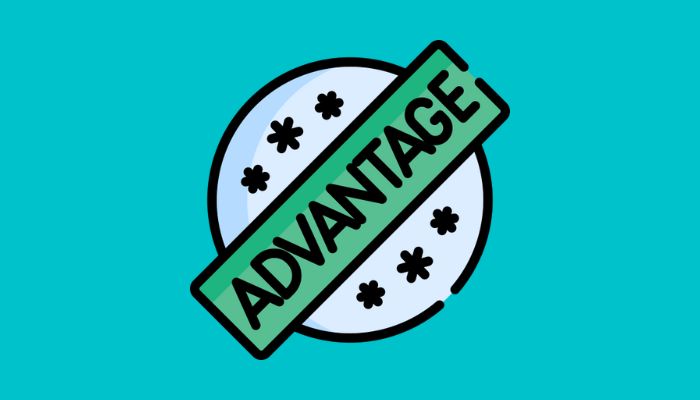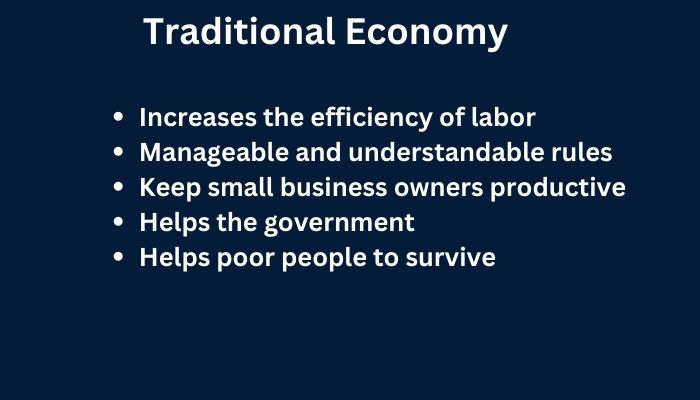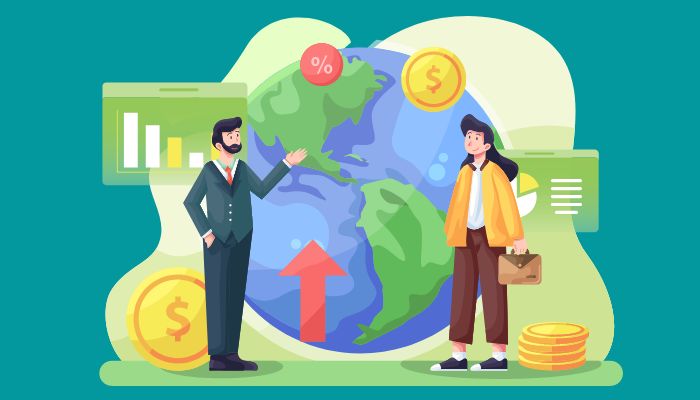For a society to move forward, it must progress. Advancement is the only way to do this, and in order for a society to progress into the future, it needs to develop itself by following certain rules and keeping public opinion in mind.
That way, the development of new technology allows for advanced standards of living.
The traditional economy, which is also referred to as a “subsistence economy” is not based because of money, but relies on barter systems and other forms of transaction that qualify it as “reciprocity-based” rather than capitalistic. Let’s read here the advantages of traditional economy.
What is a Traditional Economy?
A traditional economy is what we would call an “economy without money.” A traditional economy shows us a glimpse of society before the use of money.
It shows us a glimpse of a society where people simply bought and sold raw materials, not processed products, and where no one had to rely on a monetary system.
This type of economy is characteristic of societies where the main means of exchange is bartering.
Characteristics of the Traditional Economy System
There are several features that make up the traditional economic system:
- Means of exchange are based on bartering, not money.
- There is no private ownership of land or farming equipment.
- There is no social security and no welfare system.
- There are no insurance and pension systems.
- There are no sales tax monetary transaction taxes, and limited taxes on certain goods (such as salt).
- There is no bureaucratic system for paying for labor, capital, or other inputs necessary for production.

10 Advantages of Traditional Economy
The advanced economy has brought new methodologies of business management and improvement of quality of life. But the traditional economy also has many advantages which are mentioned below:
- The traditional economy benefits those who are left at the bottom of society, where they cannot escape poverty.
- It helps poor people to survive and get back on their feet so that they can start earning money again.
- The traditional economy allows people to maintain their own culture and traditions.
- It produces goods that are natural and not contaminated by synthetic or hazardous substances.
- It increases the efficiency of labor, capital, and other inputs in production.
- It is a simple economy, with manageable and understandable rules.
- It helps to keep small business owners productive.
- It benefits people without bank accounts or credit cards.
- It opens opportunities for women and other peripheral groups that are not a part of the advanced economy.
- It helps the government to recover from natural disasters and financial crises.

What are the Advantages of a Traditional Economy?
Traditional Economy advantages are not limited, but we cannot rely on this system completely. Below is the list of traditional economy benefits.
| # | Advantages of a Traditional Economy |
|---|---|
| 1 | Cultural Preservation |
| 2 | Community Cohesion |
| 3 | Sustainable Resource Management |
| 4 | Minimal Environmental Impact |
| 5 | Customized Production |
| 6 | Low Unemployment Rates |
| 7 | Preservation of Traditional Skills |
| 8 | Resilience to Economic Fluctuations |
| 9 | Low Levels of Debt |
| 10 | Local Autonomy |
Examples of the Traditional Economy
According to The World Population Review, Brazil, Haiti, Alaska, Yemen, Canada, and Greenland are traditional economies, while we found the most conventional economic systems in Asia, Africa, Latin America, and the Middle East.
Brazil is a mixed economy driven by state regulations and market demand.
Brazil is the only country on the list that is not considered to have a traditional economy. It is a mixed economy, meaning that it has elements of both capitalism and socialism.
The government plays a role in regulating the economy, but private businesses are also allowed to operate.
In the 19th century, the United States and other countries of Europe had a wide range of undeveloped natural resources that were traded as commodities with other countries.
This type of economy was called “a primitive economy” where people lived off the land by farming, hunting, and gathering.
In the 20th century, traditional economies still exist in developing nations like Brazil and India, where agriculture is the main industry and people live off of farming.

10 Disadvantages of the Traditional Economy
Before concluding the benefits of traditional economy, we discuss some cons of traditional economy. Traditional economies are not always effective, however.
For example, some traditional economies have a very low standard of living. Traditional economies have many drawbacks, such as:
- They force those who produce the food to live in rural areas and leave their families, resulting in a weak family structure.
- They have no way of storing excess food for the winter, so even if they produce enough food to survive the summer, they have to move on elsewhere.
- They have no means of income and cannot support themselves, so it force them to be migratory laborers, moving from one place to another.
- Their economic structures are very fragile and easily disrupted if they remove their main source of sustenance through natural disasters or diseases.
- The traditional economy does not provide for the future of the community.
- It may be difficult for businesses to make a profit, and there is no way to determine the success or failure of businesses or even individuals, so there is an absence of rewards for business achievements.
- There are no social programs or social security systems to help the poor and needy.
- There are few opportunities for women to own their own businesses, so their only option is to follow the men and work for free for the owners of businesses and farms.
FAQs
What are some advantages of traditional economy?
1) The traditional economy benefits those who are left at the bottom of society, where they cannot escape poverty.
2) It helps poor people to survive and get back on their feet so that they can start earning money again.
3) The traditional economy allows people to maintain their own culture and traditions.
4) It produces goods that are natural and not contaminated by synthetic or hazardous substances.
What are 3 disadvantages of traditional economy?
- They force those who produce the food to live in rural areas.
- They have no way of storing excess food for the winter, so even if they produce enough food to survive the summer, they have to move on elsewhere.
- No means of income and cannot support themselves
Final Words
After completing the discussion, we have found that the traditional economy does not have any basis for calculation. Thus, any monetary transaction is solely commercial and no profits or losses are accrued.
The overall standard of living is also very low, so this economy has many obvious shortcomings. The modern economy is the basis for almost all other economies today, and it is also called the money economy.
The main characteristic of this economy is that goods are fixed in price, and everyone earns money to afford these goods. We hope you enjoy the advantages of traditional economy with features, drawbacks, etc.

